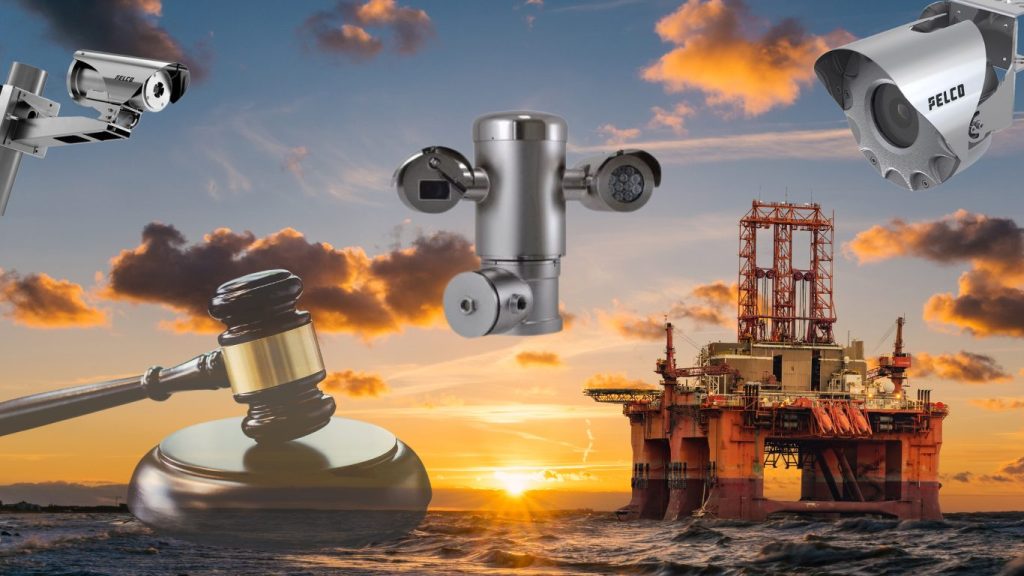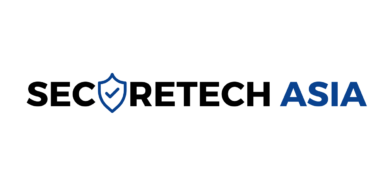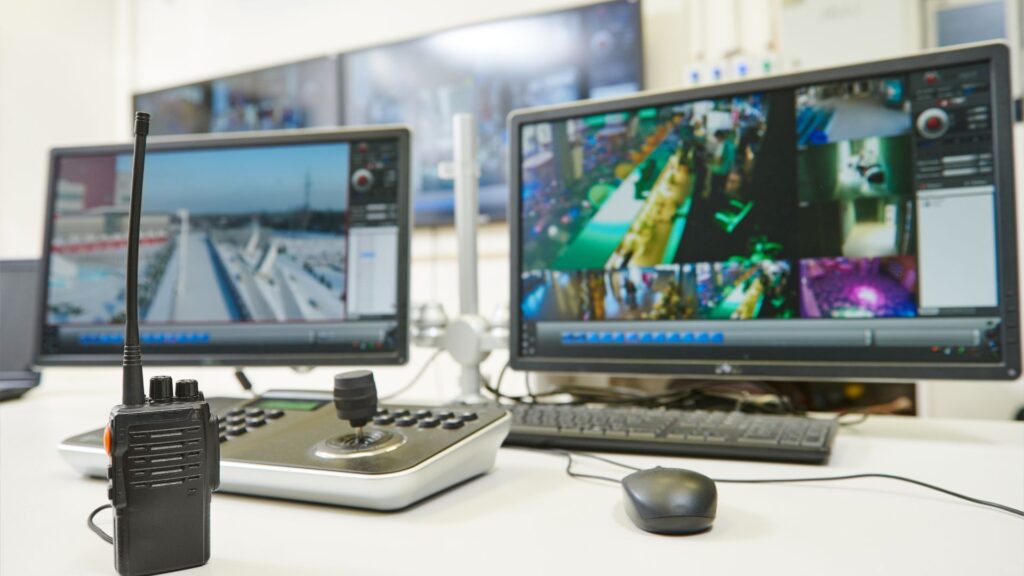Protecting people, property, and privacy the right way
Ethical considorations & legality when installing CCTV cameras is at installing the correct camera for the operation.
Closed-circuit television (CCTV) systems are a critical part of modern security, helping to deter crime, monitor activities, and provide evidence when needed. However, installing CCTV cameras isn’t just about mounting equipment and pressing record. Ethical and legal responsibilities must be considered, especially when it comes to privacy rights and local laws.
Here’s what you need to know before installing CCTV systems whether for homes, offices, industrial facilities, or offshore environments.
Legal Requirements for CCTV Installation
- Understand Local Laws and Regulations
Different countries and regions have specific rules governing CCTV usage. These may include:
- Registration or permits for camera systems (required in some jurisdictions).
- Notification requirements, such as placing signage that informs people they are being recorded.
- Restrictions on audio recording, which may require explicit consent.
- Data protection laws, such as GDPR (EU), PDPA (Singapore), or similar national privacy acts.
- Avoid Illegal Surveillance
CCTV should not be installed in private spaces where individuals expect privacy, such as:
- Bathrooms and changing rooms
- Bedrooms or private offices (without consent)
- Neighboring properties (avoid recording beyond your premises)
Recording in such areas could be considered illegal surveillance and may lead to fines or legal action.

Ethical Considerations in CCTV Use
Transparency, Purpose, and Data Protection
Ethically, individuals have a right to know they are being recorded, which is why clear signage is essential. Transparency helps build trust and ensures that surveillance is conducted openly rather than in secret.
Beyond transparency, it’s important to consider purpose limitation. CCTV should only capture footage that serves a legitimate security goal. Using cameras to monitor employees or visitors for reasons beyond safety—such as tracking productivity without consent—can be considered unethical.
Finally, data protection and retention play a critical role in responsible CCTV use. Since footage is considered personal data, it must be:
- Securely stored to prevent unauthorized access
- Accessible only to authorized personnel
- Retained for defined periods, after which it should be deleted unless legally required
By addressing transparency, purpose, and data protection together, organizations can ensure their CCTV systems are both ethical and compliant.
CCTV Laws Around the World
Singapore
- Governed by PDPA (Personal Data Protection Act).
- Requires notice to individuals that CCTV is in operation.
- Consent may be implied if signs are posted.
- Footage must be securely stored and not kept longer than necessary.
United Kingdom
- Covered by UK GDPR and the Data Protection Act 2018.
- Requires clear signage, justification for surveillance, and registration with the ICO (Information Commissioner’s Office) for businesses.
- Individuals have the right to access CCTV footage of themselves.
European Union
- Governed by GDPR.
- Requires data protection impact assessments (DPIA) for large-scale surveillance.
- Must have a legal basis (e.g., legitimate interest) and minimize intrusion.
United States
- No federal law for CCTV privacy; state laws vary widely.
- Most states allow video recording without consent in public spaces but restrict audio recording under wiretapping laws.
- Expectation of privacy applies—no recording in private spaces.
Other Regions (e.g., Middle East, Africa, Asia-Pacific)
- Some countries have strict CCTV licensing and government approval requirements.
- Export of CCTV data may be restricted.
- Offshore and oil & gas sites often follow international standards or client-specific security protocols.

Upgrade with Vivo Asia
Installing CCTV is more than just a technical task it’s about doing it right. At Vivo Asia we help clients meet legal requirements and ethical standards while delivering high-quality CCTV solutions.
Why Upgrade with Us?
- Expert Team: Our engineers understand global compliance regulations, including data protection, signage, and privacy laws.
- Specialized Experience: We’ve delivered CCTV projects for hazardous and offshore environments, ensuring safety and coverage without compromising ethics.
- Seamless Integration: We upgrade legacy systems and integrate with PAGA, access control, and safety systems.
For more information or quotations reach out to us on contact@vivoasia.com


